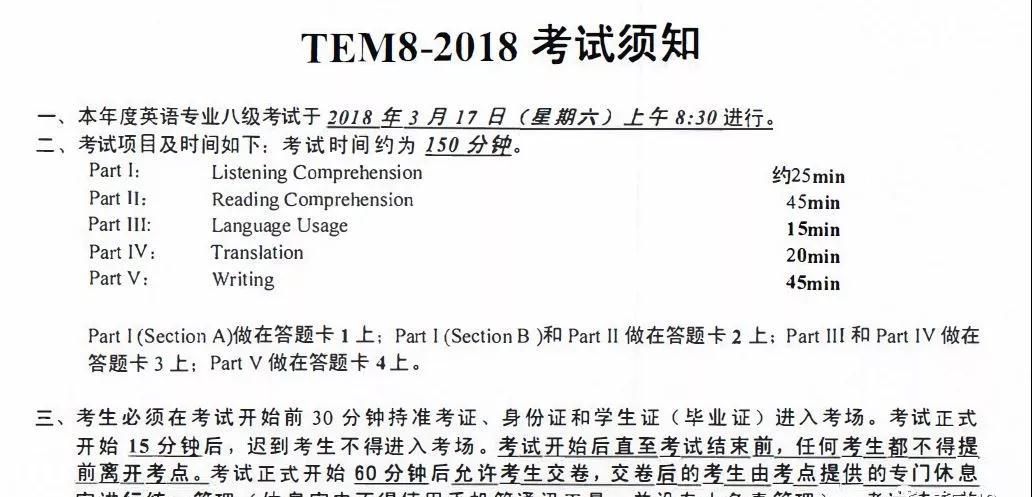全国职称英语考试卫生类C级课堂笔记概括大意第七讲
|
Passage 2 Intelligence: a changed view 1.Intelligence was believed to be a fixed entity,some faculty of the mind that we all possess and which determines in some way the extent of our achievements.Its Value therefore.was as a predictor of children’s future learning.If they differed markedly in their ability to learn complex tasks,then it was clearly necessary to educate them differently and the need for different types of school and even different ability groups within school was obvious.Intelligence tests could be used for streaming children according to ability at an early age; and at 11 these tests were superior to measures of attainment for selecting children for different types of secondary education. 2.Today, we are beginning to think differently.In the last few years,research has thrown doubt on the view that innate intelligence can ever be measured and on the very nature of intelligence itself.There is considerable evidence now which shows the great influence of environment both on achievement and intelligence.Children with poor home backgrounds not only do less well in their school work and intelligence tests but their performance tends to deteriorate gradually compared with that of their more fortunate classmates. 3.There are evidences that support the view that we have to distinguish between genetic intelligence and observed intelligence.Any deficiency in the appropriate genes will restrict development no matter how stimulating the environment.We cannot observe and measure innate intelligence,whereas we can observe and measure the effects of the interaction of whatever is inherited with whatever stimulation has been received from the environment.。Researches have been investigating what happens in this interaction. 4.Two major findings have emerged from these researches.Firstly, the greater part of the development of observed intelligence occurs in the earliest years of life.It is estimated that 50 per cent of measurable intelligence at age 17 is already predictable by the age of four.Secondly, the most important factors in the environment are language and psychological aspects of the parent-child relationship.Much of the difference in measured intelligence between “privileged” and “disadvantaged” children may be due to the latter’s lack of appropriate verbal stimulation and the poverty of their perceptual experiences. 5.These research findings have led to a revision in our understanding of the nature of intelligence.Instead of it being some largely inherited fixed power of the mind,we now see it as a set of developed skills with which a person copes with any environment.These skills have to be learned and,indeed,one of them is learning how to learn. 6.The modern ideas concerning the nature of intelligence are bound to have some effect on our school system.In one respect a change is already occurring.With the move toward comprehensive education and the development of unstreamed classes,fewer children will be given the label“low IQ’which must inevitably condemn a child in his own,if not society’s eyes. The idea that we can teach children to be intelligent in the same way that we can teach them reading or arithmetic is accepted by more and more people. 1. paragraph 2___ 2. paragraph 4 ___ 3. paragraph 5 ___ 4. paragraph 6 ___ A. Main results of recent researches B. Popular doubt about the New View C. Effect of environment on intelligence D. Intelligence and Achievement E. impact on school education F A changed View of Intelligence 5. It was once believed ___, and thus we can tell how successful he/she will be in the future according to his/her intelligence. 6. More recent researches has shown that intelligence is only partly inherited ___. 7. It can be inferred from the passage that a child will ___ if he has more opportunities to communicate with others by means of language. 1. Children were not just ___, but they can be taught to be more intelligent at school. A. born to be more intelligent or less intelligent B. have a better chance to develop his intelligence C. taught to be more intelligent D. that intelligence was something a baby was born with E. and because of the lack of communication with his classmates F. and partly has to do with a child’s living environment |








